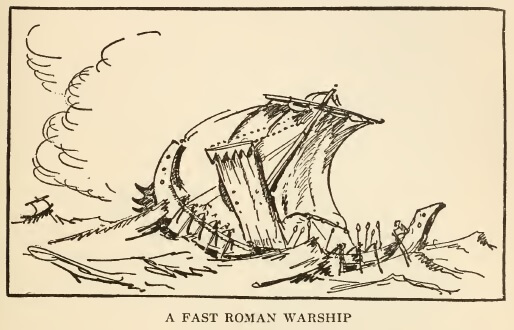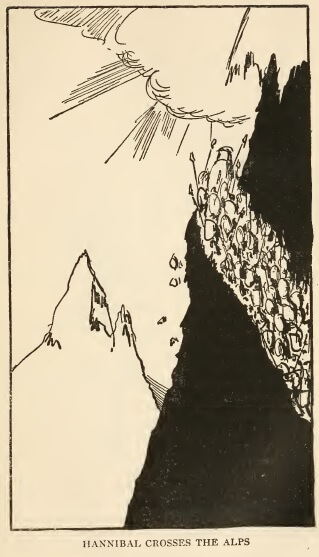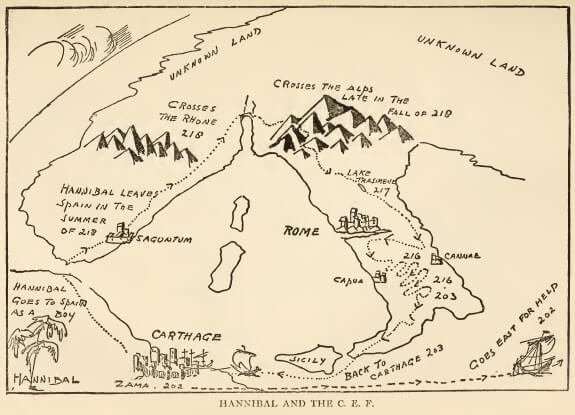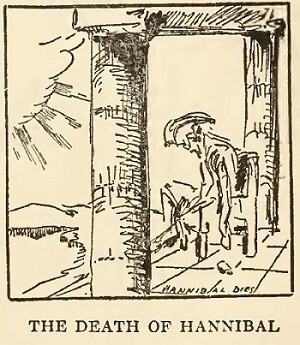 The Story of Mankind Part I
The Story of Mankind
The Story of Mankind Part I
The Story of Mankind





 The Story of Mankind Part I
The Story of Mankind
The Story of Mankind Part I
The Story of Mankind

Study the lesson for one week.
Over the week:
Activity 1: Narrate the Lesson
Activity 2: Study the Story Picture

Activity 3: Map the Story

Activity 4: Discuss the Virtue of Patience
Activity 5: Complete Copywork, Narration, Dictation, and Art

Click the crayon above. Complete pages 51-52 of 'World History Copywork, Narration, Dictation, and Art for Third Grade.'